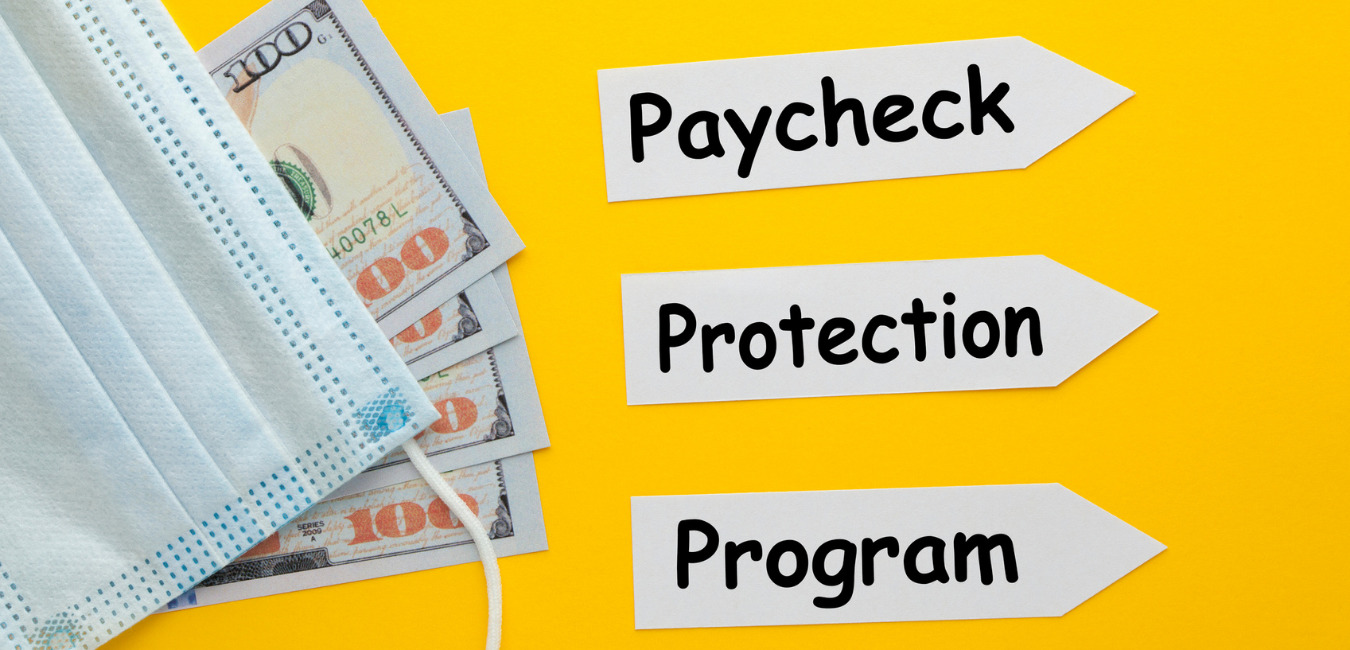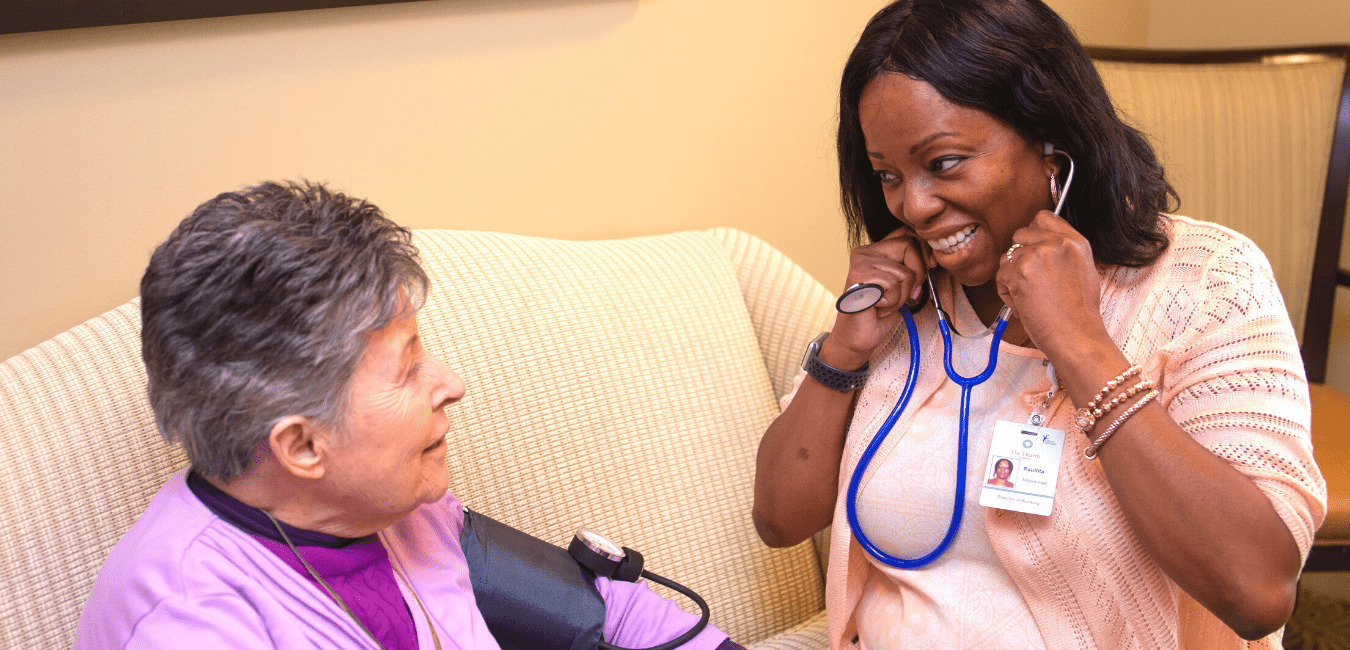As part of the Liberty Lutheran family of services, The Hearth at Drexel offers assisted living and memory care to older adults. Nestled in the Main Line section of the greater Philadelphia area, the community is known for going above and beyond to offer its residents outstanding care and services.
When the coronavirus pandemic started last spring, the team bolstered its dedication to the well-being of residents.
“Our staff has really stepped up during this pandemic, placing the needs of our residents above themselves. For instance, during our strategic planning process, when we started talking about implementing safety precautions and the possibility of needing to offer special care, we had people stepping forward very early on to say ‘I’ll do it,’” said Dana O’Donnell, executive director of The Hearth.
She continues: “You often hear people in caregiver industries say, ‘What we do isn’t a job; it’s a calling.’ What I have seen over the past several months truly demonstrates that here. Our staff members have been incredible in the way they’ve come together to help the residents and their families throughout an ever-evolving situation.”
Throughout the pandemic, the team at The Hearth has become like family to those who call the community home. The provision of care and comfort has gone both ways. Staff members also continue to find strength, hope, and support in the kind words, smiles, and thoughtful gestures from residents and their families.
Lutheran Services in America is proud to highlight the work of The Hearth at Drexel and Liberty Lutheran Services as a source of care, compassion, and peace of mind for older adults and their families.
Liberty Lutheran Services is a member of Lutheran Services in America, a network of more than 300 health and human service organizations providing services in more than 1,400 communities across the United States. Together, the network makes a difference in the lives of one in 50 Americans every year.
Learn more about The Hearth at Drexel at www.TheHearthatDrexel.org.
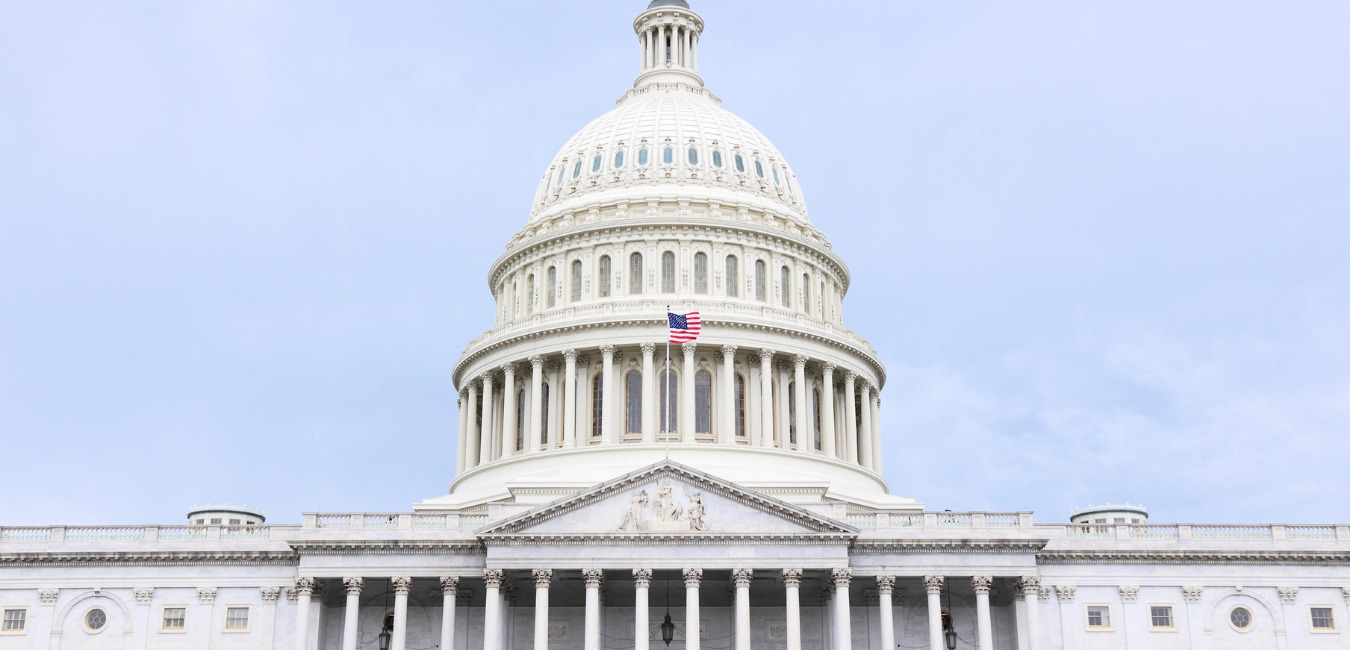
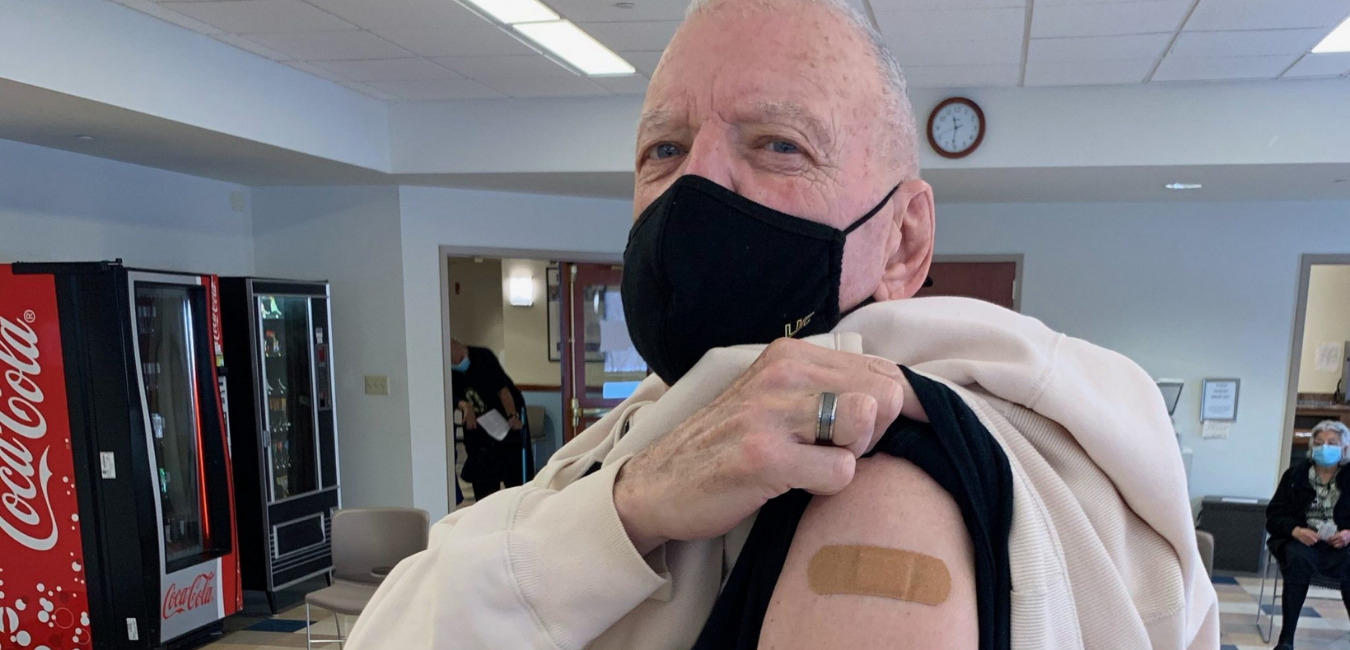
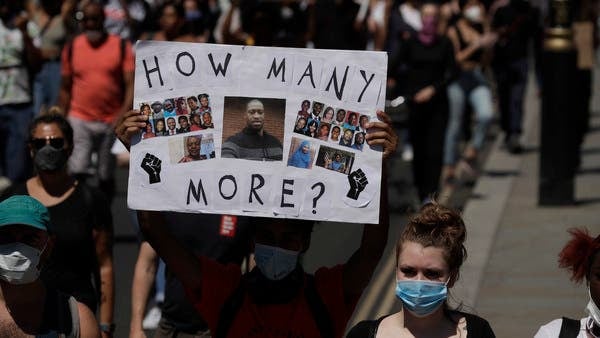
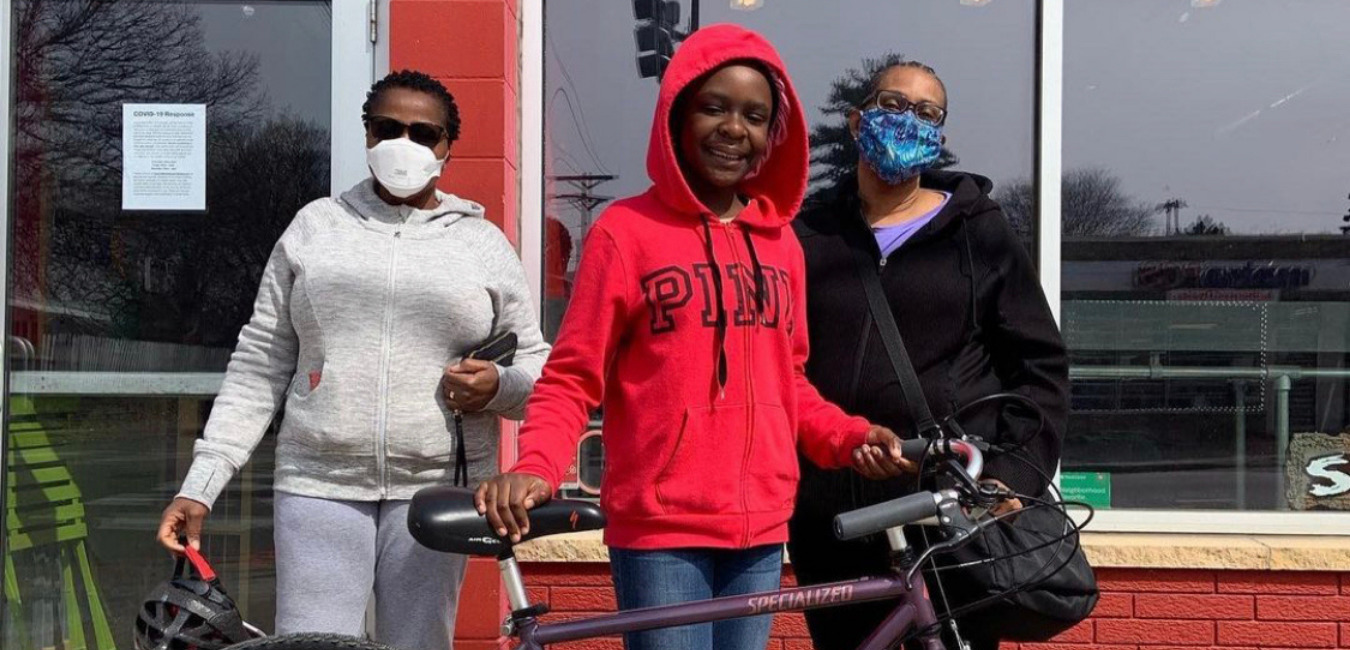
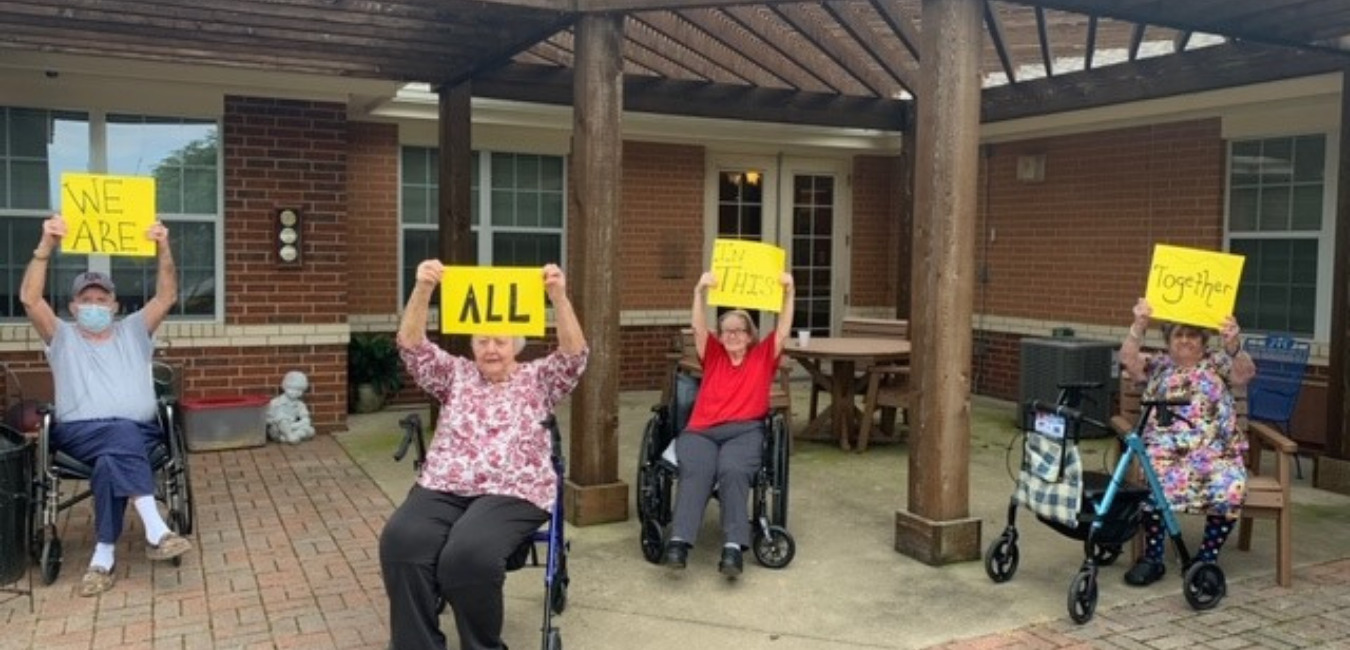
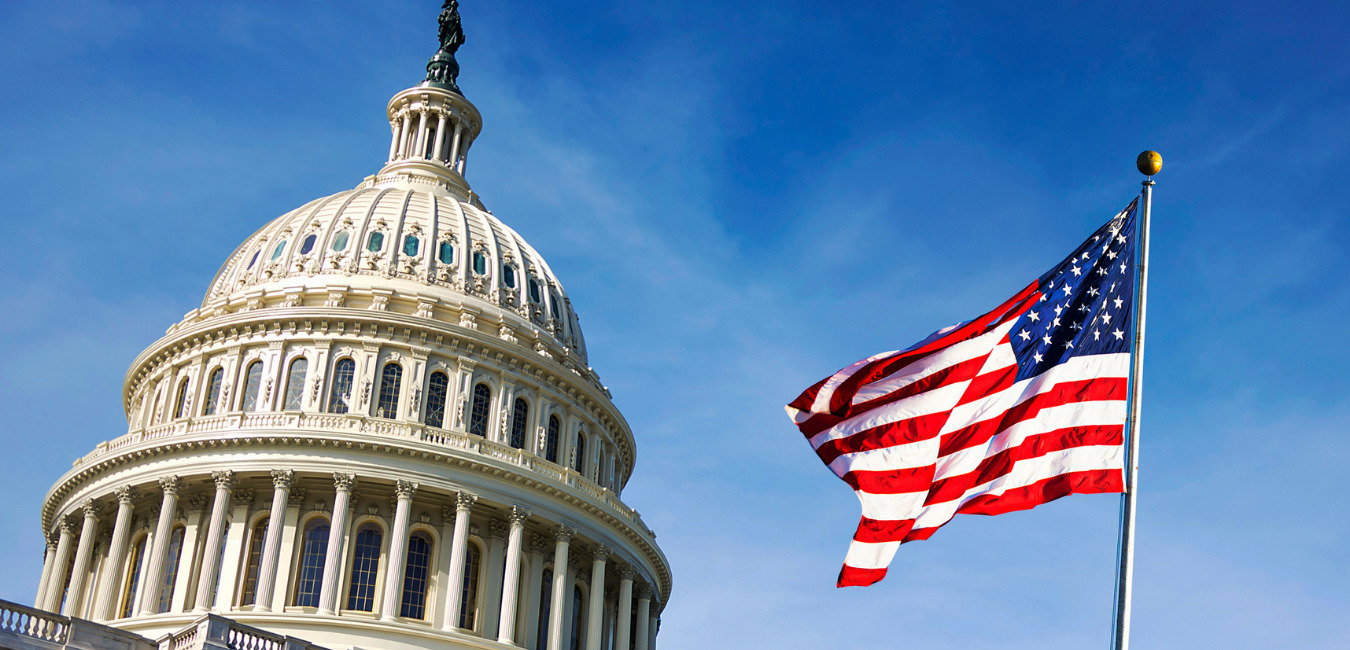
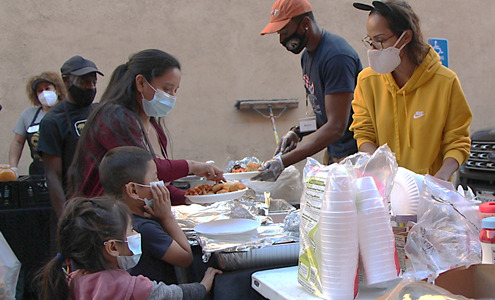
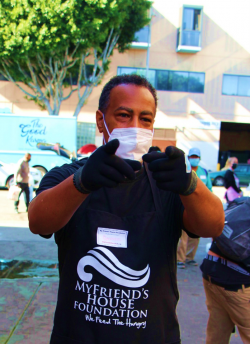 With many nonprofit and charitable organizations needing to cut back services due to the pandemic, My Friend’s House stepped in to help additional people in the community experiencing homelessness with food, clothing and essential hygiene supplies. My Friend’s House was serving about 500 people per week before COVID-19; the health crisis only expanded the need to serve many more. The foundation increased its healthy food offerings to improve recipients’ immune systems and is busy distributing “COVID Care Kits,” which include PPE, safety information and even inspirational material.
With many nonprofit and charitable organizations needing to cut back services due to the pandemic, My Friend’s House stepped in to help additional people in the community experiencing homelessness with food, clothing and essential hygiene supplies. My Friend’s House was serving about 500 people per week before COVID-19; the health crisis only expanded the need to serve many more. The foundation increased its healthy food offerings to improve recipients’ immune systems and is busy distributing “COVID Care Kits,” which include PPE, safety information and even inspirational material.